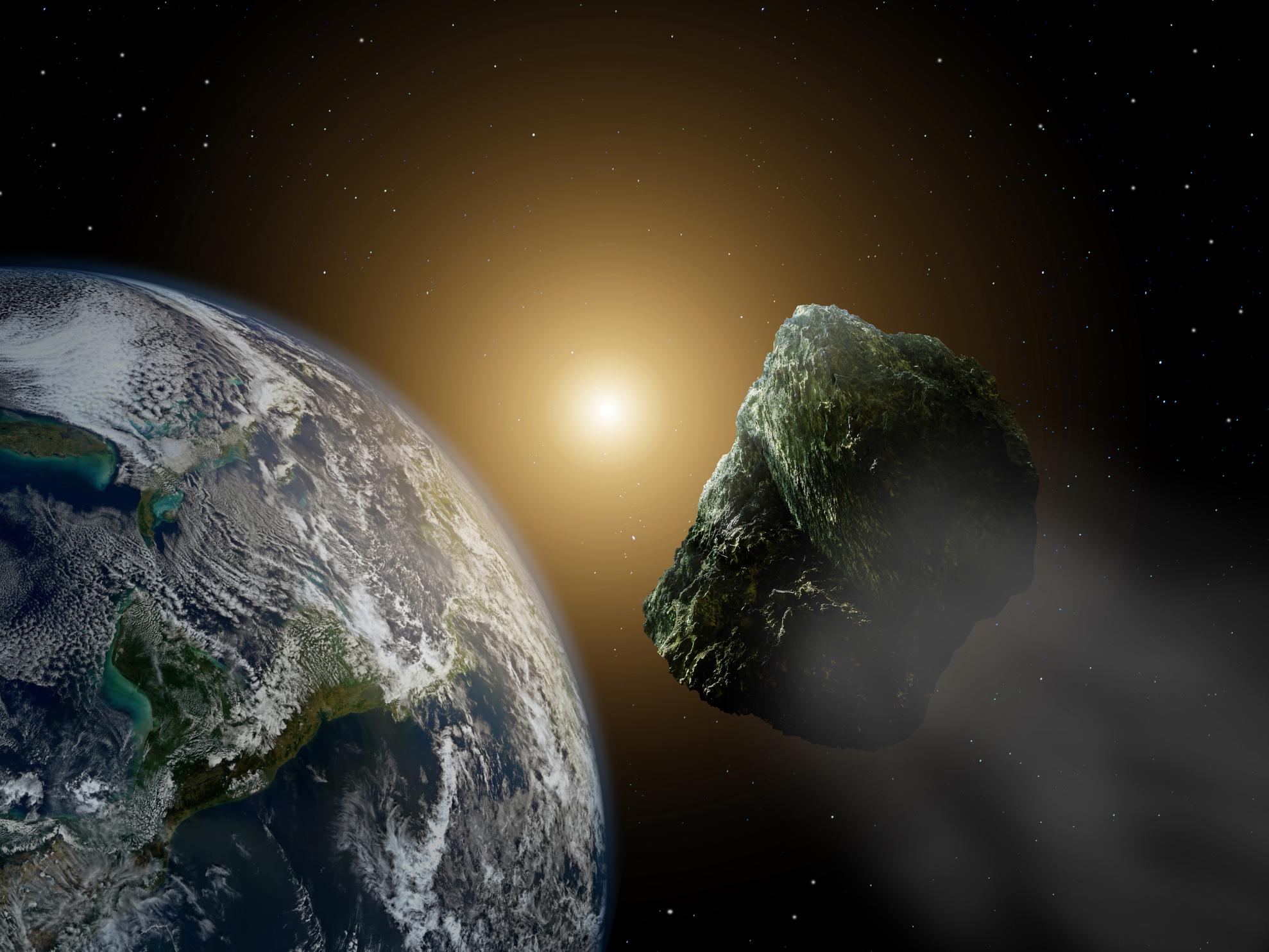Nasa's plan to deflect deadly asteroid will not work on asteroid that could collide with Earth, study finds
If the asteroid Bennu collided with Earth, it would have an impact 80,000 times stronger than the bomb dropped on Hiroshima

Your support helps us to tell the story
From reproductive rights to climate change to Big Tech, The Independent is on the ground when the story is developing. Whether it's investigating the financials of Elon Musk's pro-Trump PAC or producing our latest documentary, 'The A Word', which shines a light on the American women fighting for reproductive rights, we know how important it is to parse out the facts from the messaging.
At such a critical moment in US history, we need reporters on the ground. Your donation allows us to keep sending journalists to speak to both sides of the story.
The Independent is trusted by Americans across the entire political spectrum. And unlike many other quality news outlets, we choose not to lock Americans out of our reporting and analysis with paywalls. We believe quality journalism should be available to everyone, paid for by those who can afford it.
Your support makes all the difference.Nasa's plan to deflect deadly asteroids wouldn't be up to the job of keeping us safe from the deadly asteroid that could one day hit us, a study has found.
Experts have developed a technology called HAMMER that they hope could deflect rocks as they fly dangerously towards us. That should be able to keep us from being hit by asteroids like Bennu – which has a slim but significant chance of colliding with the Earth in 2135.
It's very unlikely that Bennu will hit our planet when it swings back around towards us in a century. But if it did hit, the impact would be huge: the asteroid would hit Earth with a force 80,000 times stronger than the bomb dropped on Hiroshima.
But the new study finds that for significant dangers like Bennu the plan would not be enough. As such, the world might have to opt for the "nuclear option", of shooting a warhead at the rock and destroying it.
Experts have also warned that other dangerous rocks might not be spotted until soon before they collide with the Earth. That would make such deflections impossible, and might require experts to try and blow up the asteroid instead.
The research looked at the current plan for defending the planet from asteroids, the first part of which is to develop a craft that can be fired at the asteroid and change its course. That will be done by ramming the craft into it, shoving it so that it slowed down but not with enough force to break it apart.
But researchers found that plan would not be enough for asteroids like Bennu, which pose a considerable amount of danger. They found that it could take as many as 50 different rocket launches to safely deflect the rock away, and that success couldn't be guaranteed.
“The chance of an impact appears slim now, but the consequences would be dire,” said Kirsten Howley, LLNL physicist and coauthor on the paper. “This study aims to help us shorten the response timeline when we do see a clear and present danger so we can have more options to deflect it. The ultimate goal is to be ready to protect life on Earth.”
To do so, scientists might have to use a nuclear warhead. That would involve detonating the bomb some distance from an asteroid like Bennu, with the hope that the energy of the blast would deflect it off course.
Join our commenting forum
Join thought-provoking conversations, follow other Independent readers and see their replies
Comments